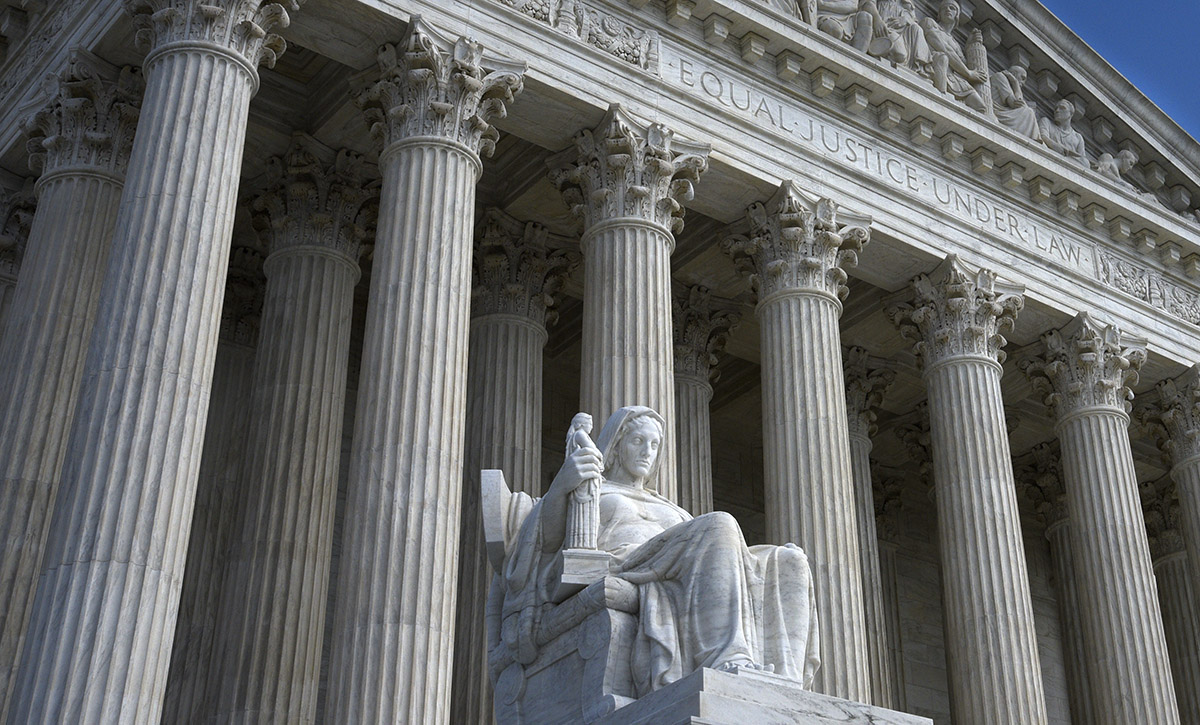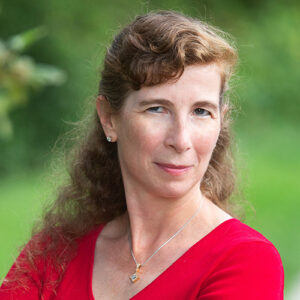Adams: Public Funds for Religious Schools? It’s Been Happening in NYC for Years
Progressives oppose school vouchers — except when using public money to fund religious schools is the only way to get pet projects off the ground

Help fund stories like this. Donate now!
The Supreme Court ruled last month that the state of Maine cannot bar religious academies from participating in a school choice program that uses public funds to pay for students’ private school educations with vouchers.
The basic premise behind school vouchers is that a family receives credit for a certain amount of public money that they can then apply toward tuition at the private school of their choice. Money that otherwise, presumably, would have flowed into traditional public and charter schools.
In addition to the usual arguments about how such a system diverts funds from needy school districts and/or skims away the best students and their highly involved parents (an argument that is also applied to charter schools yet, strangely, not to NYC’s unzoned and gifted programs), the main red flag waved to convince voters to reject school vouchers is that, since parents can use the credit at any type of educational institution, a percentage of public funds will inevitably go to private religious schools (in the same way that public funds such as Pell Grants can be used at religious colleges).
Self-described progressives like former New York City Mayor Bill de Blasio are staunchly against school vouchers.
Except, that is, when using public money to fund religious schools is the only way they can get their own pet projects off the ground.
De Blasio, for example, took office in 2014 with a promise to provide “high-quality pre-K for all” at no cost to parents. He swore that not only would every one of New York City’s 70,000-plus eligible 4-year-olds be guaranteed a seat, but that every classroom would be headed by a teacher with a master’s degree in early childhood education. Toward the end of his second term, DeBlasio added 3K for All, for the city’s 3-year-olds. His failed 2019 presidential campaign touted universal pre-K as his signature achievement and top campaign issue.
But having done the math, I remember saying to my husband as far back as 2016, “Public schools are already overcrowded. Where is he going to find the space? And are there really 20,000 (!) unemployed people in New York City with a master’s in early childhood education?”
Turns out the answer to the latter was, “Nope.” And to the former, it was, “In community-based organizations.”
And what do many, many of these organizations turn out to be? Religious schools and faith-based day care centers.
The mayor was obsessed with getting these already-up-and-running organizations to sign onto his endeavor for a variety of reasons. The first was physical space: There simply wasn’t enough in existing public schools to accommodate the numbers De Blasio promised would be accommodated. The second, much less publicized, reason was that teachers and administrators at these organizations could be paid less than their public school counterparts for doing the same jobs — an inequitable situation that continues to this day.
Hizzoner needed the religious schools’ participation so desperately that he even agreed to let them hold prayer breaks, if only they would join his initiative. In addition, pre-Ks housed in religious institutions are permitted to favor job applicants of the same faith.
Prayer breaks! In “public” schools!
How exactly does that not violate the constitutional separation of church and state? Granted, parents can opt out their kids from prayer time. But, by that same definition, concerned families can opt out of using their vouchers for religious schools by … not using their vouchers for religious schools. Ruling that public money can be used for private religious schools does not mean that anyone who doesn’t want to attend a religious institution would be forced to attend one. All it means is that those who do will have the option of using their voucher for a religious school, the same way as other parents will have the option of using it for a non-religious school that matches whatever they’re looking for, for their child, which their local public school is failing to provide.
So for any New Yorkers — or anyone — up in arms over the possibility of their tax dollars being used to fund religious schools under the new Supreme Court ruling, be advised: Locally, they already are.
Help fund stories like this. Donate now!

;)
